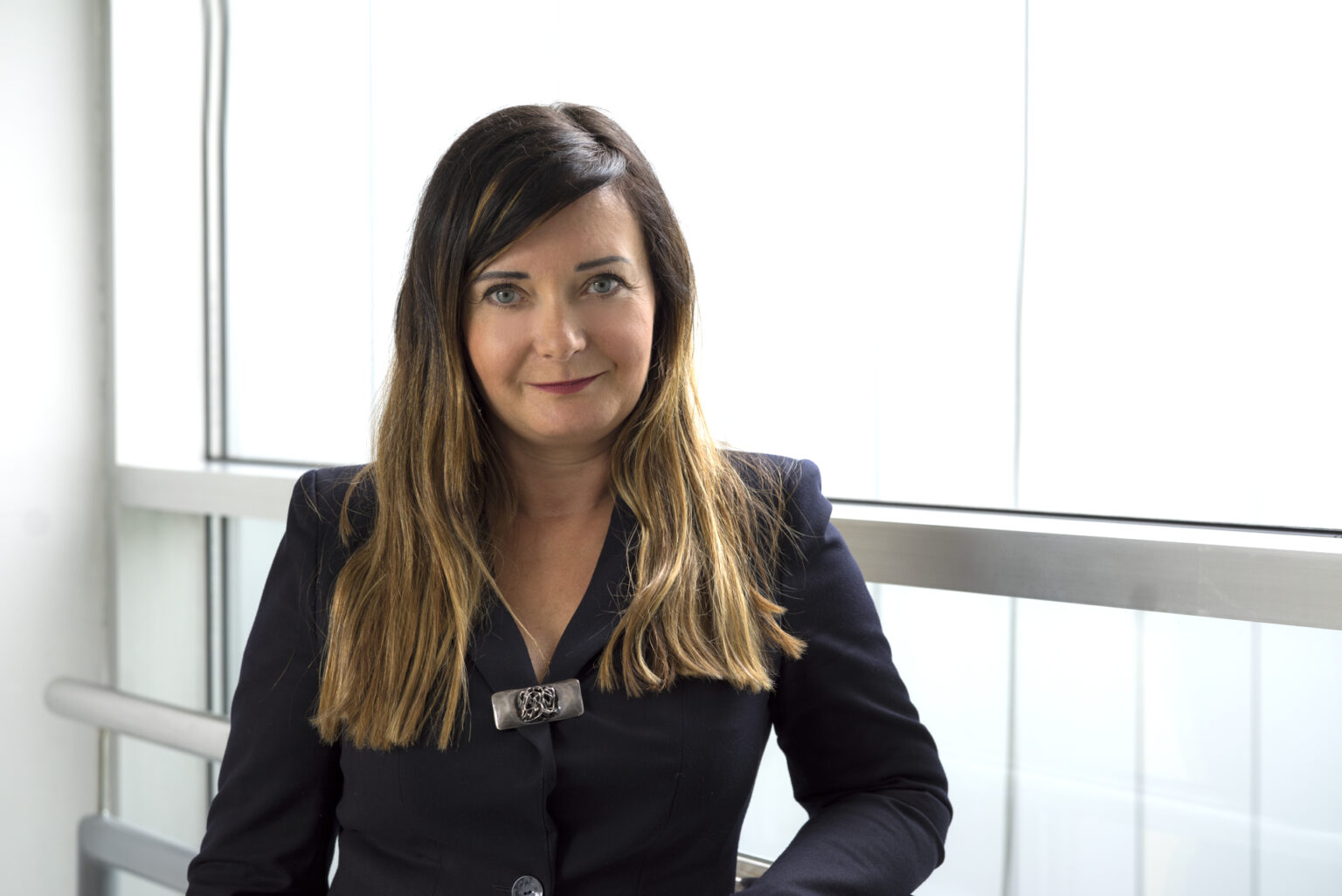The great need for digitalisation and the advantages of cloud services are causing the data centre market in Poland, both before and during the pandemic, to grow steadily. This potential is recognised by domestic companies as well as global players. The level of investment in data centres in Poland is therefore quite high, although the market will not run out of space in the near future, according to Monika Roś-Gruszczyk, Member of the Management Board, 3S Group.
Last year was marked by the accelerated digitisation of enterprises. However, analysts indicate that the largest increase in investment in data centre services is expected to occur in 2021 and beyond. Is an increase in demand now visible compared to last year?
Monika Roś-Gruszczyk: 2020 was a relatively good year for us, although, being aware that not all customers were able to grow as fast as they would have liked, we are hoping for more in 2021. Industries affected economically by the pandemic are returning to growth, and this in many cases brings with it the need to invest in IT infrastructure, telecommunications and security. We are seeing an increase in demand above all in the area of outsourcing of IT resources in the broadest sense. Disaster Recovery solutions, which allow environments to be dispersed over several geo-locations, are becoming increasingly popular. Customers now need solutions for business continuity and access to computing power that can be easily scaled. However, that is not all. Our observations show that customers often choose a business partner with a very high level of experience and engineering competence and offer a financial model based on subscription fees. It is this growing interest from the market that motivates us to develop the 3S Data Centre Cluster and invest further in data centres.
According to PMR data, 38% of respondents would be willing to pay more for certified data centre services. How do you assess the role of certification in the development of the data centre market in Poland?
Monika Roś-Gruszczyk: Our experience confirms that they play an important role in the purchasing process of many customers. In particular, large companies or those operating in sectors such as finance, public administration, medicine, IT or eCommerce treat having ISO 9001 and ISO 27001 certification as a prerequisite for starting cooperation. Companies in the SME sector do not attach as much importance to this; trust is built here primarily through recommendations from our existing customers.
Recently, the 3S Group announced a new investment in Katowice, thanks to which the Katowice data centre is to expand to an area of 4,400 m2. How much power will the facility then have?
Monika Roś-Gruszczyk: We are rapidly running out of space in our two data centres in the Katowice- Gospodarcza complex, hence the need for new investment. The excellent location, energy security, telecommunications accessibility or the restrictive rules of physical access already organised here have motivated us to launch another, third facility, in this very location. We have already started the preparatory and administrative work, and construction itself will start in January 2022. The new data centre will have an area of 2,200 m2, thus doubling our resources at this location. Once it is up and running, the Katowice Gospodarcza 12 complex will have a gross floor area of 4400 m2 with 2 x 4MW of available connection power.
With this investment, our potential for geographically dispersed customer communities is also growing. Less than 10 km away, we still have a data centre at Ligocka Street in Katowice. We are also completing the modernisation of a server room in Bytom. In addition to housing the main customer resources, both of these facilities will also act as backup centres for DRC solutions in many projects.
Currently, most data centres are located close to large cities and this is justified if only because of the presence of large organisations in such locations. However, it is also associated with higher costs for the construction and maintenance of data centres. Do you think there will be a move away from this trend in the next few years?
Monika Roś-Gruszczyk: It is difficult to say. Urban agglomerations have many advantages, such as the presence of fibre-optic networks or, for example, access to qualified employees. Trends related to automation may bring an important change here. The construction of data centres away from agglomerations, in better locations in terms of energy, with less need for staff, may have a raison d’être.
What are the challenges for the development of the data centre market in Poland?
Monika Roś-Gruszczyk: The industry is becoming more and more diversified. There are large investments by global players with their great potential and a broad spectrum of services. On the other hand, smaller, local providers who rely on their flexibility are often better able to meet customers’ needs.
Although the market is growing, its saturation in Poland is still relatively low. In my opinion, there is still a lot of room for development for all suppliers. Hybrid models combining on-premise and various cloud models (private / global cloud) are becoming increasingly popular.
The biggest challenge, in my opinion, is the availability of highly qualified specialists. It is already not easy to find people who can build a solution for a customer based on the resources of both global and local players. Added to this is the need to create services in a way that is relevant to the rapidly changing needs of Customers, all while ensuring security, scalability and anticipating the growth of their business. Working in data centres is becoming increasingly exciting, but also demanding.












